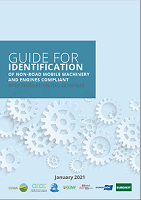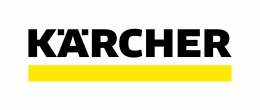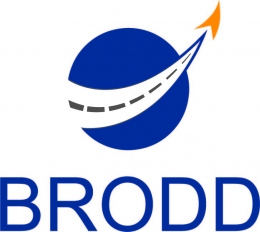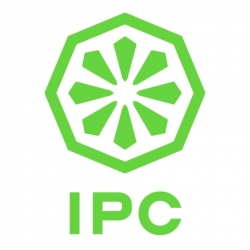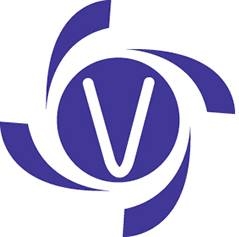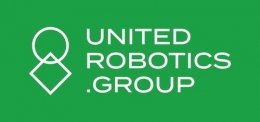
September 2014
Günther Oettinger - New Commissioner Responsible for Robotics
On September 10, 2014, European Commission's President-elect Jean Claude Juncker announced his new team, the allocation of responsibilities among them, and the way work will be organised in the European Commission once it takes office. Günther Oettinger was appointed commissioner for "Digital Economy and Society", which includes Robotics as part of The Directorate General for Communications Networks, Content & Technology (DG CONNECT) under his lead.
The new Juncker Commission will have seven Vice-Presidents, each leading a project team. They will be steering and coordinating the work of a number of Commissioners in compositions that may change according to need and as new projects develop over time. These project teams mirror the Political Guidelines. Examples include 'Jobs, Growth, Investment and Competitiveness', 'Digital Single Market' or 'Energy Union'. This will ensure a dynamic interaction of all Members of the College, breaking down silos and moving away from static structures. The Vice-Presidents will all act as real deputies to the President.
President-elect Jean-Claude Juncker said: "In the new Commission, there are no first or second-class Commissioners – there are team leaders and team players. They will work together in a spirit of collegiality and mutual dependence. I want to overcome silo-mentalities and introduce a new collaborative way of working in areas where Europe can really make a difference. I want a European Union that is bigger and more ambitious on big things, and smaller and more modest on small things." It is with this objective in mind that he chose to organise the new Commission around project teams.
Swede Cecilia Malmström - Commissioner for Home Affairs in the Barroso Commission - will be responsible for Trade, so she is supposed to take over the tricky negotiations for TTIP from Karel de Gucht.
Elżbieta Bieńkowska, former Deputy Prime Minister of Poland, is designated Commissioner for Internal Market, Industry, Entrepreneurship and SMEs (the first time this topic is actually mentioned in the title of a Commissioner). Under her lead, Juncker wants to merge the Directorates General Enterprise and Industry and Internal Market and Services - only one of the many restructurings he plans for the administrative backbone of his new cabinet.
The candidate commissioners will be scrutinised by the European Parliament committees from September 29 to October 7. Günther Oettinger will have his hearing by the EP Committee on Industry, Research and Energy and the Commission on Culture and Education on September 29. The Plenary of the European Parliament will vote on all appointed Commissioners on October 22.
On November 1st, the new team will start working.
Industrious Brussels EU District, Avenue des Arts 6-9, 1210 Brussels, Belgium, +32 490 57 57 65
Transparency Register number: 0289344948-82







